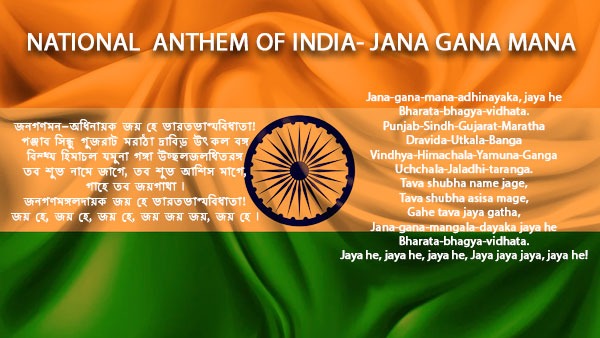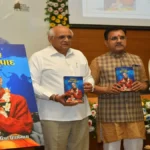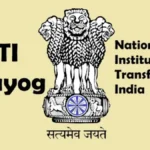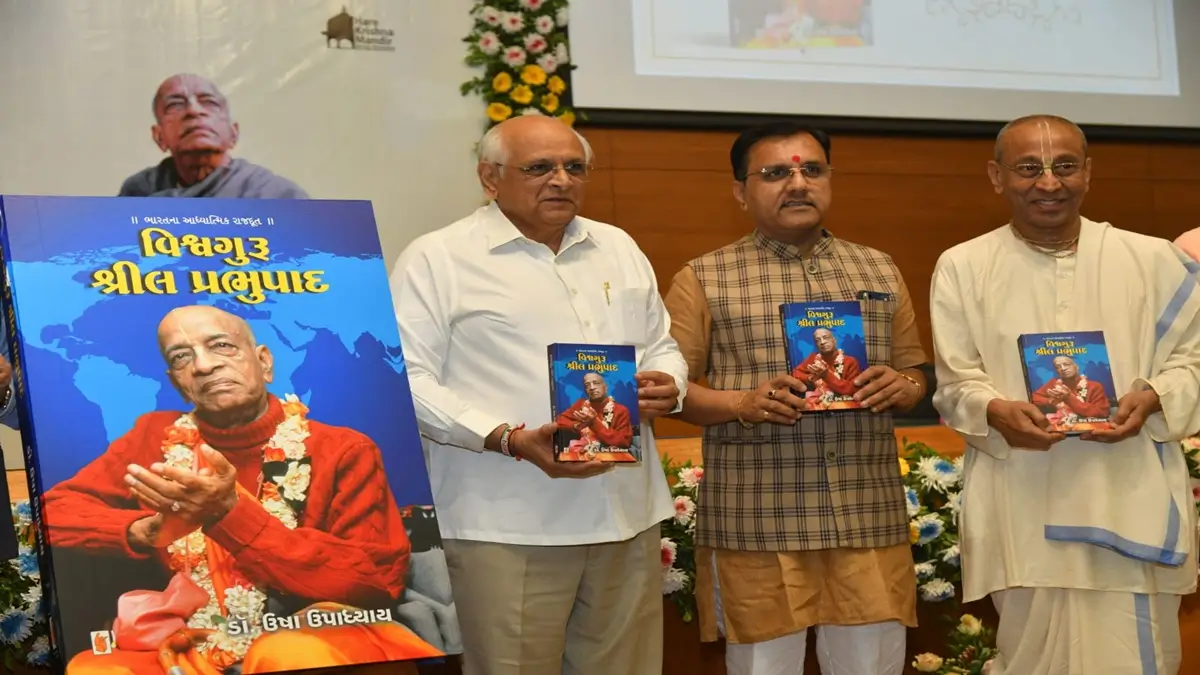National Anthem of India – A Symbol of Unity and Patriotism
The National Anthem of India, “Jana Gana Mana,” holds a significant place in the hearts of every Indian. Composed by the renowned poet Rabindranath Tagore, this anthem resonates with the spirit of unity and patriotism that defines the nation. Its history, relevance, and message make it an important topic for students preparing for various government exams, including civil services, police officers, and other prestigious positions.

Why this News is Important:
Historical Significance: The history behind the composition of the National Anthem during a period of social and political upheaval reflects the resilience and determination of the Indian people. Understanding this context provides students with a deeper insight into the anthem’s meaning and significance.
Cultural Unity: The National Anthem represents India’s diverse culture and serves as a unifying force that transcends linguistic, regional, and religious differences. It fosters a sense of belonging and pride among citizens.
Patriotism and Civic Values: Studying the National Anthem instills a sense of patriotism and civic responsibility among aspirants. It serves as a reminder of the sacrifices made by freedom fighters and the ongoing efforts to uphold democratic values.
Historical Context:
“Jana Gana Mana” was written in 1911 by Rabindranath Tagore during the Bengal Partition, a tumultuous period in Indian history. It was first performed during the annual session of the Indian National Congress, creating a sense of unity among the diverse Indian population struggling against colonial rule.
Key Takeaways from “National Anthem of India”:
| Serial Number | Key Takeaway |
|---|---|
| 1 | Composed by Rabindranath Tagore during the Bengal Partition. |
| 2 | Adopted as the National Anthem in 1950. |
| 3 | Celebrates the diversity and unity of India. |
| 4 | Reflects the struggles and aspirations of the Indian people. |
| 5 | Must be played or sung with respect on appropriate occasions. |
Important FAQs for Students from this News
Q: Who composed the National Anthem of India?
A: The National Anthem of India, “Jana Gana Mana,” was composed by Rabindranath Tagore.
Q: When was the National Anthem adopted as the official anthem of India?
A: The National Anthem was adopted as the official anthem of India on January 24, 1950.
Q: What is the historical context of the National Anthem’s composition?
A: The National Anthem was composed during the Bengal Partition in 1911, a period of significant social and political changes in India.
Q: Why is it important to understand the proper etiquette for singing or playing the National Anthem?
A: Understanding the proper etiquette shows respect for national symbols and traditions and is essential for interviews and group discussions.
Q: How does the National Anthem promote unity and diversity?
A: The National Anthem celebrates India’s diverse culture and serves as a unifying force that transcends linguistic, regional, and religious differences.
Some Important Current Affairs Links

















